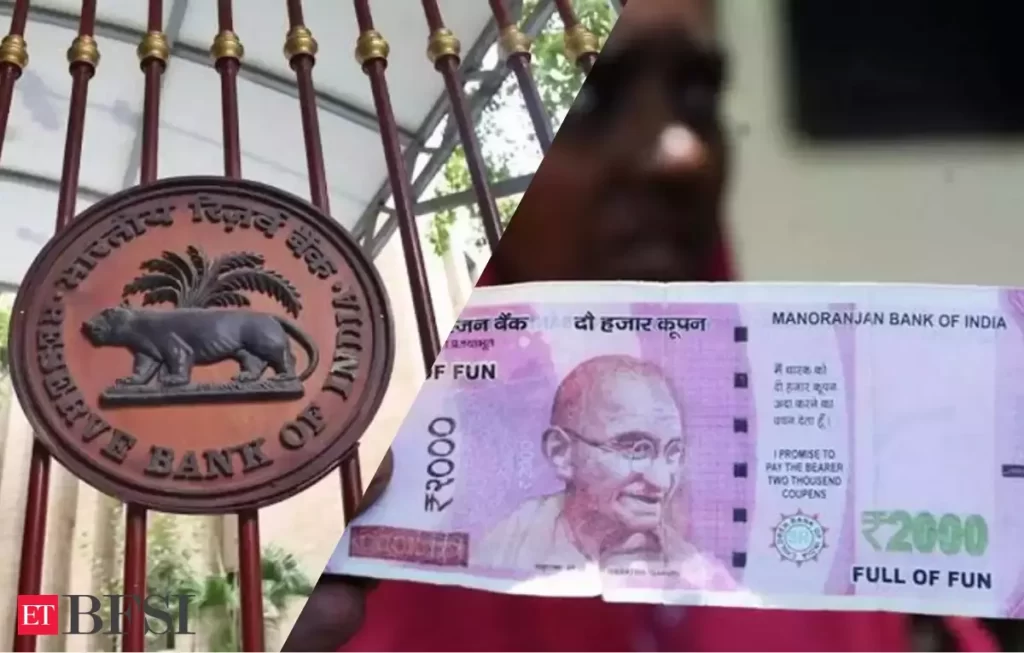The Reserve Bank of India (RBI), the central banking institution of India, plays a vital role in maintaining the stability and integrity of the country’s financial system. As part of its responsibilities, the RBI periodically implements policies to ensure the circulation of clean and genuine currency notes. One such policy is the Clean Note Policy, which serves as the basis for the recent decision to retire Rs 2000 notes from circulation. In this article, we will delve into the details of the Clean Note Policy and examine the reasons behind the RBI’s decision.

Understanding the Clean Note Policy and the Retirement of Rs 2000 Notes by the Reserve Bank of India (RBI)
The Clean Note Policy is an initiative introduced by the RBI to maintain the quality and genuineness of currency notes in circulation. Under this policy, banks are required to ensure that the currency notes they receive and dispense are clean, free from any form of damage or tampering, and devoid of any markings or writings. This policy aims to promote confidence and trust in the Indian currency and prevent the circulation of counterfeit notes.
Retirement of Rs 2000 Notes
In a recent move, the RBI has decided to retire the Rs 2000 denomination notes from circulation. The decision to discontinue these notes is based on several factors, including the need to address concerns related to the hoarding of high-value currency, the ease of counterfeit duplication, and the aim to promote a more efficient and secure payment system.
The circulation of high-denomination currency notes can lead to hoarding, which in turn can contribute to illicit activities such as money laundering and black money accumulation. By phasing out the Rs 2000 notes, the RBI aims to discourage the hoarding of large sums of money and promote transparency in financial transactions.
The Rs 2000 notes, with their high value, have been a target for counterfeiters. The intricate security features present on these notes make them relatively easier to duplicate compared to lower denomination notes. The retirement of the Rs 2000 notes allows the RBI to introduce new currency designs and enhanced security features, making it more difficult for counterfeiters to replicate.
Another factor contributing to the decision is the RBI’s focus on promoting a more efficient and secure payment system. High-value notes can be inconvenient in daily transactions and pose challenges in terms of logistics. By replacing the Rs 2000 notes with lower denomination notes, the RBI aims to facilitate smoother transactions and reduce operational difficulties for both individuals and businesses.
Impact on the Public After Ban of Rs 2000 Note
The retirement of the Rs 2000 notes does not render them worthless. Individuals holding these notes can exchange them for lower denomination notes or deposit them in their bank accounts. The RBI has assured that the withdrawal and exchange process will be seamless, ensuring minimal disruption to the public.
Conclusion
The Clean Note Policy is an essential initiative by the RBI to maintain the quality and genuineness of currency notes in circulation. The retirement of the Rs 2000 denomination notes aligns with the policy’s objectives of curbing hoarding, addressing counterfeit duplication concerns, and promoting a more efficient and secure payment system. As the RBI continues to evolve its currency management practices, it aims to foster trust in the Indian currency and safeguard the financial well-being of the nation.
